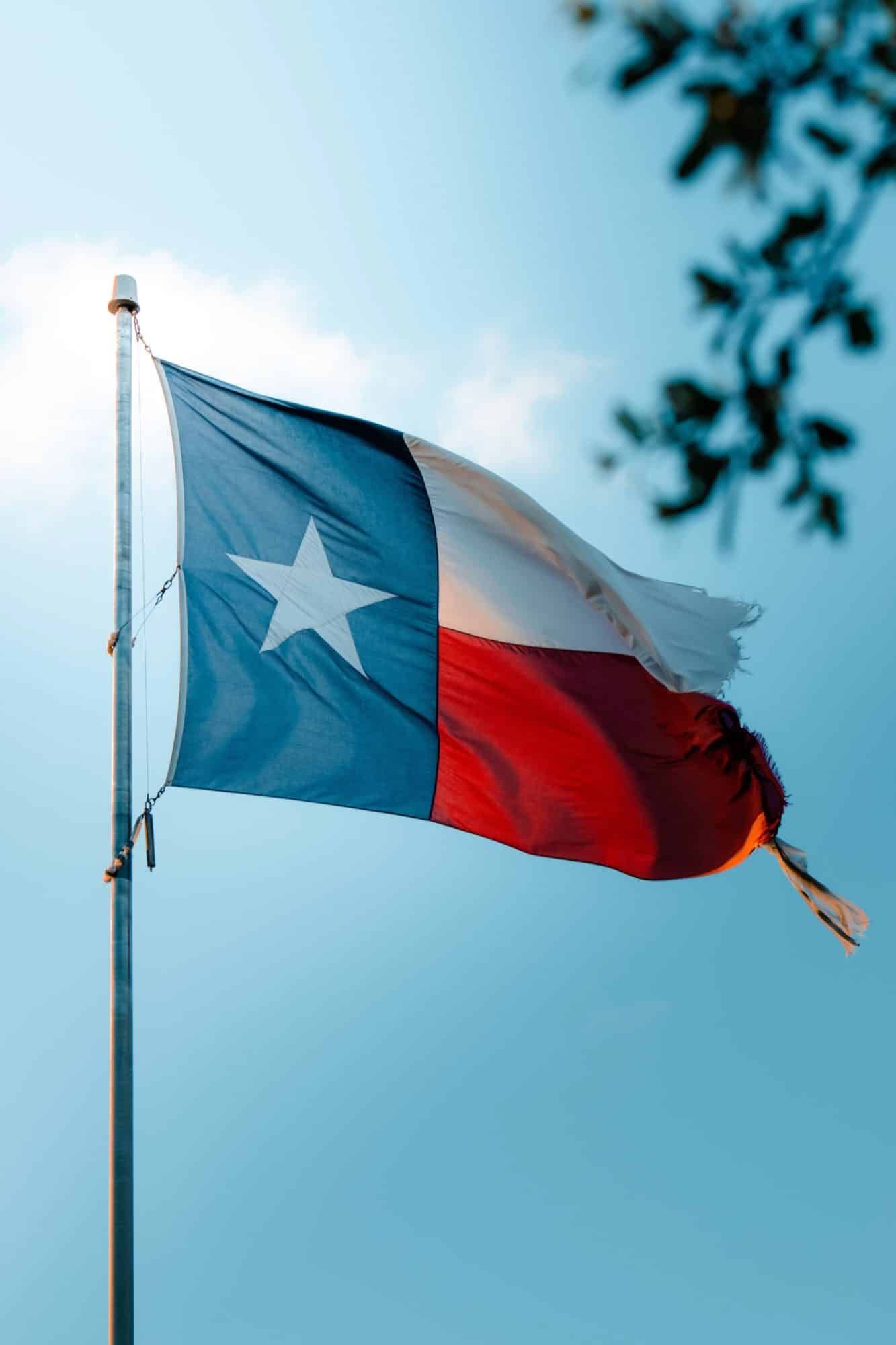
Texas CBD Laws and Regulations
After November elections further propelled the country as a legalized nation, many Texans are looking to review the current status of regulations and licensing connected to cannabis and CBD in their state. Signed into law in 2015, Senate Bill 339, known as the Texas Compassionate Use Act, legalized cannabis containing under 0.5% THC as a prescription treatment for intractable epilepsy. In 2019, the allowed conditions for prescribed low-THC cannabis were expanded to more than 100, including ALS, Multiple Sclerosis, terminal cancer, Parkinson’s disease and autism. These changes to the Texas cannabis and CBD regulations and laws allow more cannabis to reach people who can benefit from it.
Utilizing Medical Marijuana
Overseen by the Department of Public Safety, the Compassionate Use Program allows for medical cannabis to be distributed by licensed companies only. There are currently three licensed companies in the state. Texas residency and prescriptions from a registered doctor are also requirements. Currently, 240 Texas physicians are registered for prescribing legally. Medical cards from other states are not valid for prescriptions or purchasing. Also, per Texas law, cannabis-based medicine must not be ignitable.
Recreational cannabis remains illegal, however, some cities have recently decriminalized possession of small amounts.
Over 3,500 Texans are registered to utilize medical marijuana; advocates say two million people are eligible, based on current law. The medical marijuana program in Texas is considered one of the least successful in the United States; due to its restrictions, the Lone Star State’s program is in the bottom 11 for accessibility, out of 47 states with legal medical programs, according to the National Conference of State Legislatures. Further hampering of the industry ties to roadblocks via high licensing fees and strict rules for transporting and storing inventory. For example, Texas requires a $7,300 application fee to open a dispensing organization, as opposed to Oklahoma’s $2,500 application fee to open a dispensing organization. As of late, applications for new licenses are not being accepted.
Compassionate Use Expansion
Thirteen bills had been filed by lawmakers seeking to expand the Compassionate Use Program to change Texas cannabis regulations and laws. Senator-elect Roland Gutierrez (D) has pre-filed a bill to legalize recreational cannabis use in the state and expand its medical cannabis program. Per the San Antonio lawmaker, the measure would create 30,000 new jobs for Texans and produce over $3 billion in new revenue. The measure sets personal possession limits at 2.4 ounces, allows personal cultivation up to 12 plants per household and sets 21 as the legal purchase age. Neither Governor Greg Abbott nor Lt. Governor Dan Patrick support medical cannabis expansion or full legalization proposals.
This standpoint is in opposition to two in three Texans, who according to a recent poll, support legalizing marijuana to boost revenue for K-12 education in the state. Of the 1,034 Texas adults surveyed, 64% said they supported using revenue from cannabis legalization in order to “provide additional funding for Texas K-12 public schools.” This is the same level of support as for alcoholic beverage taxes. When the responses for only parents of K-12 students were isolated, the same percentage approved. If the model of Colorado is followed, Texas could raise more than $1.1 billion in marijuana tax revenue per biennium. Ballot initiatives and voter referendums are not allowed, therefore, the only way to create or amend laws is through the state legislature.
While recreational cannabis is still illegal in Texas, Delta-8 THC is legal!
The Good News? CBD is Legal
Despite the Texas laws and regulations on cannabis, CBD is an alternative for Texans. In regards to CBD, Texas cannabis law allows for the production, manufacture, sale and inspection of industrial hemp crops and products, as of June 10, 2019. This includes products for human consumption that may contain CBD (cannabidiol). Consumable Hemp Products are defined as food, drugs, devices or cosmetics containing industrial hemp or hemp-derived cannabinoids, including CBD, with no more than 0.3% THC. Proper testing, packaging and labeling are all required. CBD products that contain hemp ingredients such as hulled hemp seeds, hemp seed protein and hemp seed oil are not considered Consumable Hemp Products in Texas. Rules became effective as of August 2, 2020. The license fee is $100; lot permits are $100 per lot, regardless of size. Applicants must register at least one facility when applying, at the cost of $100 per facility. Licensing is currently open. U.S. hemp industry sales are expected to be around $2.6 billion by 2022. A ban on smokable hemp took effect in August for Texans but is not yet being enforced. A lawsuit against the ban is scheduled to be heard on March 22, 2021 in Travis County.
Discover and expand your knowledge of the role Texas has in the world of CBD, hemp and cannabis at Lucky Leaf Expo, an organization based in Texas serving the Southwest U.S. Each event features expert speakers, and an exhibitor showroom with connections to topics such as science, health and wellness, hemp cultivation, business strategies, new opportunities, legal, branding, start-ups, growth, policy reform and more. Upcoming Texas dates include Austin on May 14th and 15th, Dallas on July 9th and 10th, and Houston on November 5th and 6th. Sign up today!